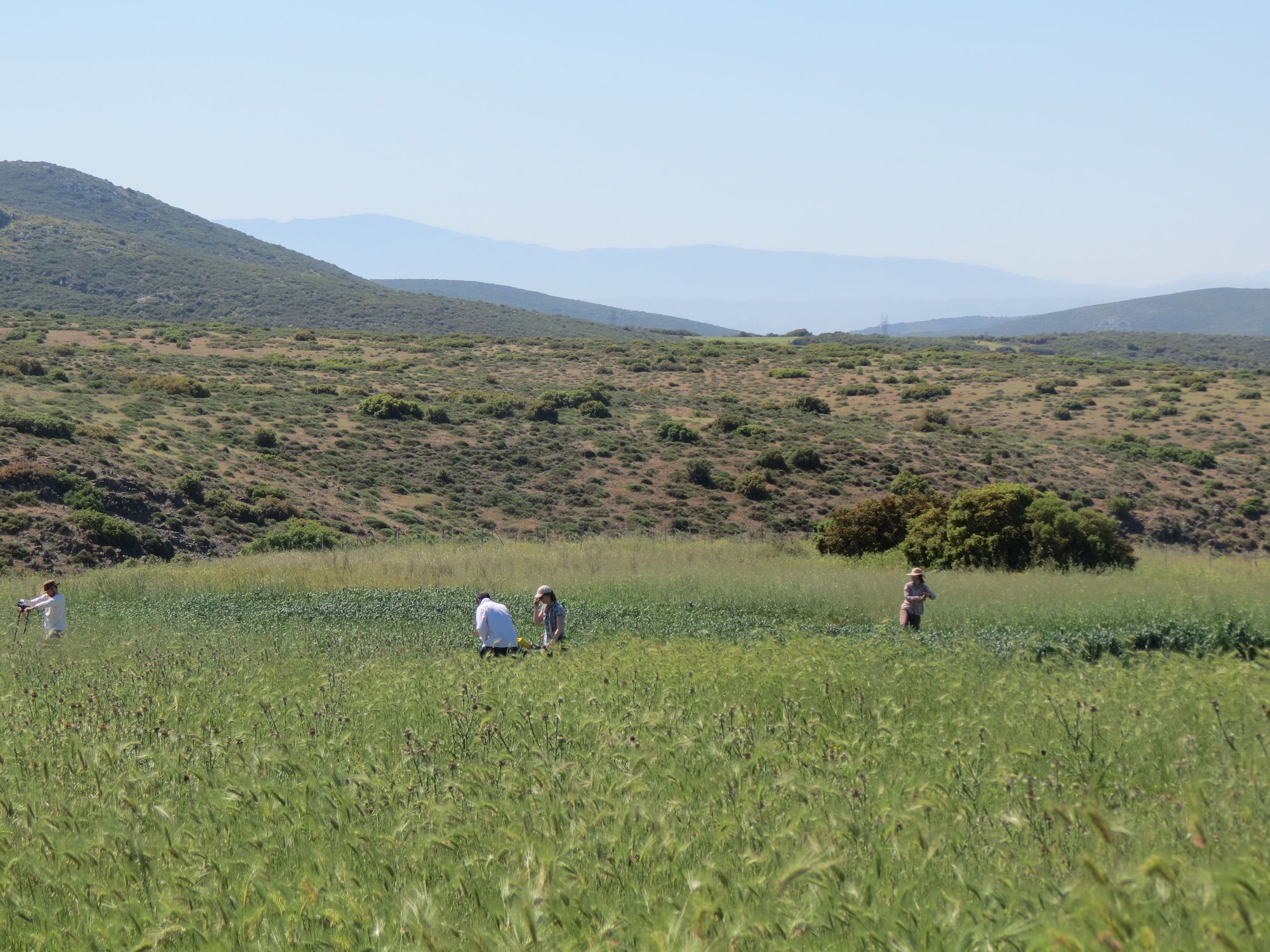2. Work in Progress
Abstract
Federalism and Border Management in Greek Antiquity (FeBo)
Elena FRANCHI (Università degli Studi di Trento)

Published
2023-06-30
How to Cite
2. Work in Progress. (2023). Teiresias Journal Online, 2(1). Retrieved from https://www.uni-muenster.de/Ejournals/index.php/tjo/article/view/4959
Issue
Section
Sections
License

This work is licensed under a Creative Commons Attribution-NonCommercial 4.0 International License.

